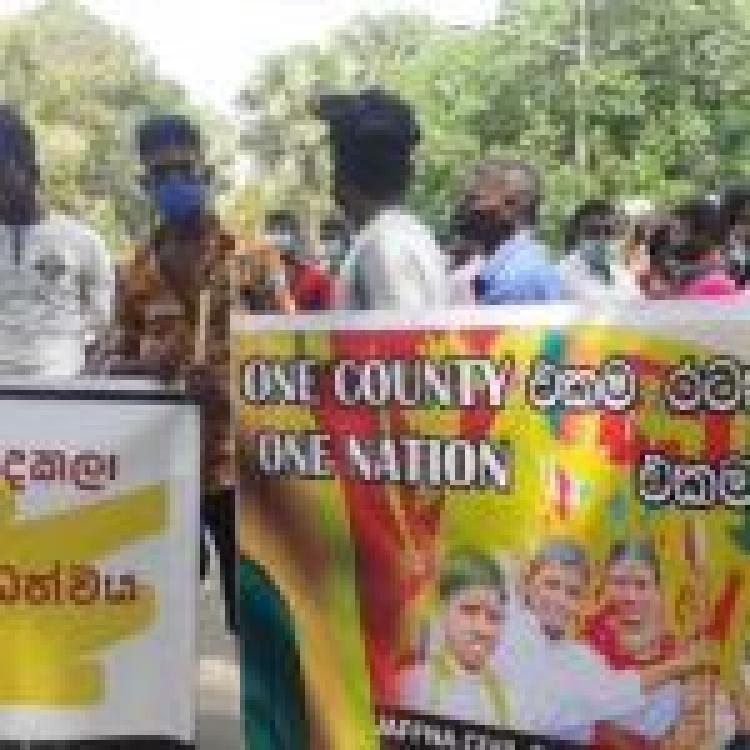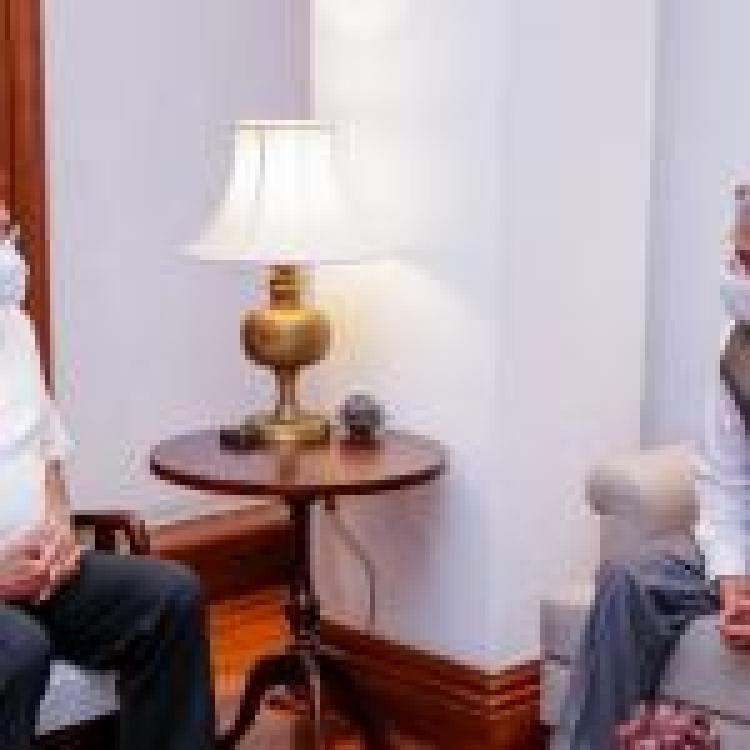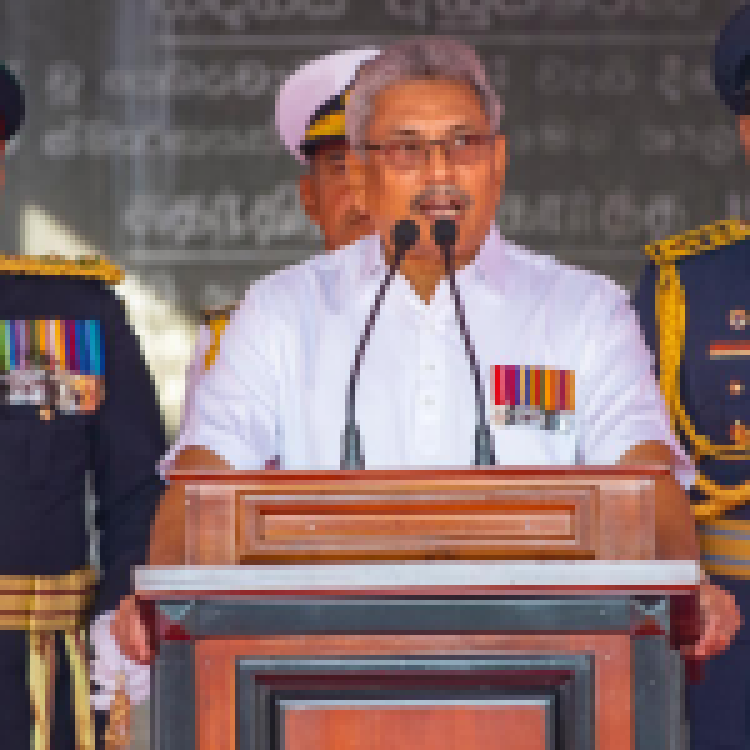![]()
Following escalating tensions between Sri Lankan and India, Prime Minister Mahinda Rajapaksa has claimed that “India is our closest friend” and that “we can resolve any dispute with them” but has not provided any further updates on the East Container Terminal (ECT) project.
On 1 February, Rajapaksa after speaking to trade unions stated that the “Colombo port is not to be sold or handed over to any country” and that it would continue “continue as a 100 % operational institution under [Sri Lanka’s] port authority”. This statement follows heavy Sinhala Buddhist nationalist backlash during which nationalist monks alleged that the port project would pave the way for an Indian invasion of Sri Lanka.
Responding to this statement over the joint project, worth an estimated $500-$700 million, India’s Foreign Minister, Subrahmanyam Jaishankar, has insisted that Sri Lanka must abide by its international commitments which it has repeatedly conveyed. Over two-thirds of trans-shipment at this port in Colombo is tied to India.
On 28 May 2019, Sri Lanka had agreed to the development of the ECT with India and Japan, which had granted loans of about ¥1.1 trillion and grants and technical cooperation of about ¥300 billion. The agreement reached would enable Sri Lanka to retain a 51% stake whilst the Adani Group, an Indian business with ties to Indian Prime Minister Narendra Modi would hold 49%.
According to the Hindu Business, China is said to have played a role in blocking India’s efforts to secure a presence at Colombo port. China investments in Sri Lanka been steadily increasing since the 1970s with the country owing $6 billion dollars of debt to China as of July 2020. Colombo itself also has the International Container Terminal, a $500 million project built by the Chinese, and one in which the Chinese maintain an 85% stake whilst the state-run Sri Lanka Ports Authority holds only 15%. This terminal was commissioned in 2013.




